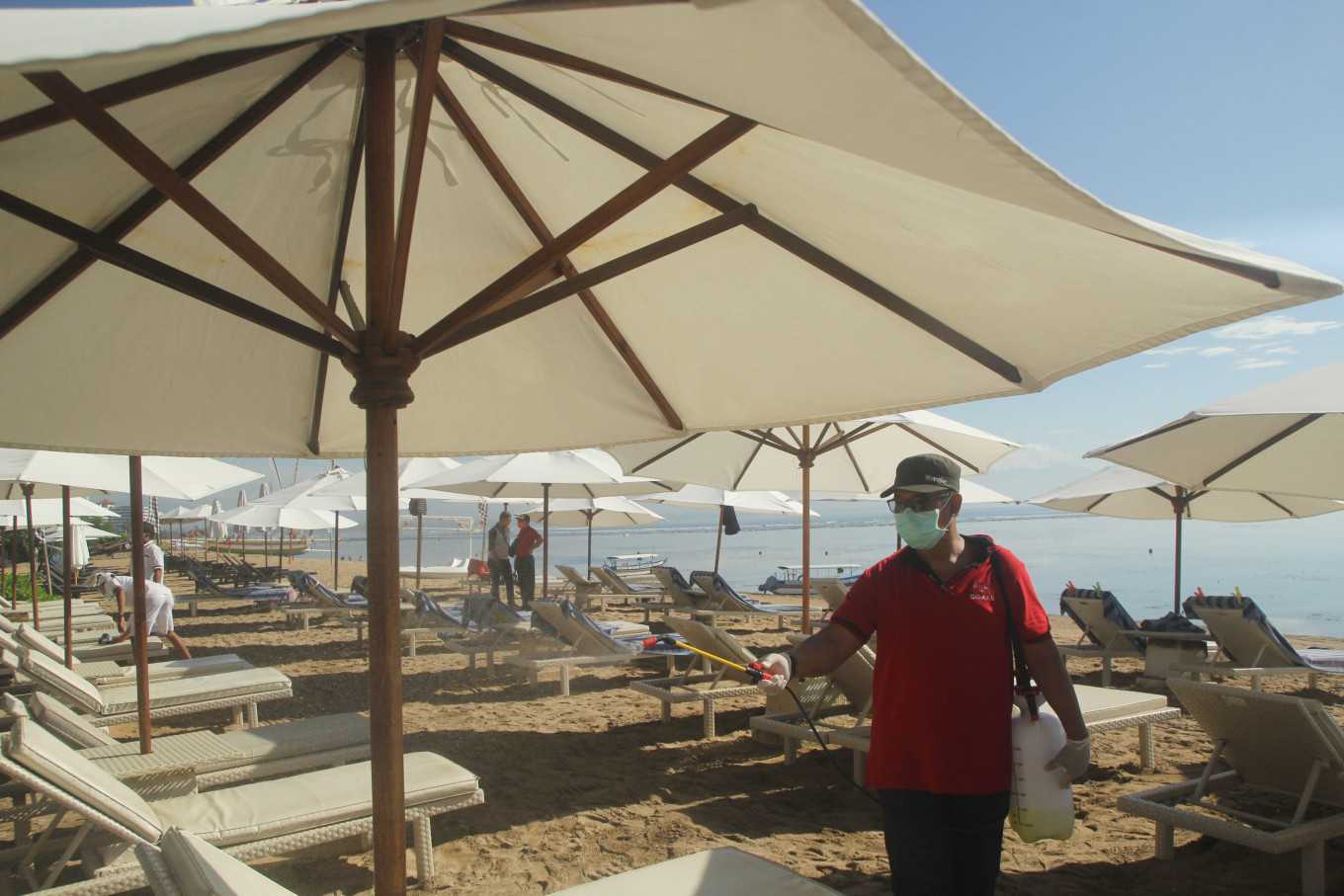Travel and leisure restriction haunts near-collapse travelling agencies in Bali
23 June, 2020

Bali’s travel organizations association is calling for the island to be reopened to tourists as almost all of its members only have financial capacity to climatic conditions the crisis until July. The plea comes following a government’s decision to keep up travel limitations on the tourist-packed island.
The Association of Indonesian Tour and Travel Agencies (ASITA) of Bali expected the government to finish the brand new normal protocol stipulation by the end of the month and reopen the island to tourists by July to avoid travel agents from collapsing.
“Tour operators haven’t earned any profits since March and we are able to only previous until July. Subsequently, we anticipate Bali to most probably really rapidly,” ASITA Bali secretary I Putu Winastra said during an online dialogue placed by the Tourism and Creative Overall economy Ministry on June 18.
Putu fears that the collapse of travel and leisure agencies wouldn't normally only cause substantial layoffs but also affect the island’s economy, as 80 percent of Bali’s economy comes from tourism and its own related industries. Bali’s Ngurah Rai International Airport makes up about 63 percent of foreign tourist visits using through oxygen gates, and 38 percent of overall overseas tourist visits in 2019, Statistics Indonesia (BPS) info show.
National COVID-19 task force chief Doni Monardo in June 17 said that both agency and Bali’s native administration agreed not to reopen Bali soon, amid the chance of COVID-19 transmission.
“The consequence of our discussions with several regional leaders, like the Bali governor, was that people have decided not to open Bali yet," Doni said in a hearing with Property of Representatives Commission X overseeing tourism.
Bali’s provincial administration as well recently reported an increasing number of localized COVID-19 transmissions in the island, causing the government to ban activities involving large sets of persons, including traditional and religious activities.
The island had documented 1,080 cases by Monday, ranking 11th in provinces across the archipelago, with nine deaths and 615 recoveries. That compares with 46,845 COVID-19 conditions across Indonesia on Monday, with 150 dead and 18,735 recovered.
The Tourism Ministry’s director for tourism advertising Vinsensius Jemadu said the federal government was taking a cautious stance and had set strict standards before deciding to reopen tourist destinations and the country’s borders.
“We need to take careful factors and require rigid standards when we make an effort to wide open our borders. We additionally require our provinces and islands to pass the requirements [before reopening],” he explained.
Even if the federal government decided to reopen Bali and welcome again tourists, you may still find other challenges facing travel agencies on the island, a specialist warned.
A tourism professional at Thailand’s Thammasat University, Walter Jamieson, said travel agencies should be able to strike a delicate balance between letting their guests experiencing their vacation without fear of COVID-19 infection while also applying a stringent protocol to safeguard them from the virus.
“There’s always a pressure for travel destinations between showing up too regulated and maintaining safeness. People want to have a good time rather than consider handwashing and whatnot during a vacation, but we must follow all health insurance and safe practices protocols” he said through the discussion.
The government is looking to create “travel bubbles” with China, South Korea, Japan and Australia to attract travelers and businesspeople, despite COVID-19 infections nationwide showing no signs of slowing down.
The word “travel bubble” or “travel corridor” identifies an agreement where countries that are successfully containing the outbreak can open their borders to the other person to permit free movement within the bubble.
Indonesia recorded its biggest surge in COVID-19 circumstances with 1,331 new confirmed circumstances on June 18, according to the Health Ministry, a good day after the region officially surpassed Singapore with the highest number of infections found in Southeast Asia.
Source: www.thejakartapost.com
TAG(s):
